|
Earlier this month I preached on Daniel 1 in Brookside Church's short series on Daniel. To see that fuller series, click here. A number of people have asked that I make this sermon accessible a bit more broadly (beyond Brookside's website and YouTube channel — both great places by the way!) With that request in mind, see below for my sermon on Daniel 1 preached on June 9, 2024. I have included the following formats below:
Sermon Video (Length: 38:37)Sermon Audio (Length: 38:37)Sermon Manuscript Your browser does not support viewing this document. Click here to download the document. Skeleton Outline of SermonI. Introduction II. Body A. The realities of exile (Daniel 1:1-7) B. The response in exile (Daniel 1:8-14) 1. Conviction 2. Character C. The triumph over exile (Daniel 1:15-21) 1. Daniel and friends pass the test and grow in influence 2. The presence of God "behind the scenes" (some form of "God gave..." in vv. 2, 9, 17) 3. Nebuchadnezzars disappears. Daniel remains. (v. 21) 4. Jesus' triumph over exile III. Conclusion
0 Comments
In January 2024, I published What Does It Mean to Follow Jesus? A Clear, Biblical Picture of Discipleship. A few people have asked for a bit more info on the book, so I'm creating this post as a sort of "landing page" for book info, any video(s) I create related to it, etc. Scroll through the headings below and check it out. (And help spread the word!)
One of our core values at Brookside Church is Biblical Authority — looking to the Bible for truth, direction, and inspiration. On Sunday mornings we preach from the Bible. Our small groups (all ages) are tethered to God's Word. We have been encouraging personal Bible reading for YEARS through our 365 Bible Reading Plan. The bottom line? We believe the Bible is uniquely authoritative as God's Word, and useful for teaching, rebuking, correcting, and training for right living (see 2 Timothy 3:16-17). But we don't only care THAT people read God's Word. (Though of course we never want to minimize this either!) We also care HOW people read God's Word. Or stated another way, we want to help people get into the Bible in such a way that they get the most out of the Bible (in a way that is consistent with how the Bible itself wants to be read!). Our goal is that our teaching models this and certain classes we offer facilitate this (think: Bible Basics). And we also want to point people toward helpful resources that contribute to this goal as well. With that in mind, here are six resources I encourage others toward, when I hear they want help with understanding how to read the Bible on their own, or with interpreting certain kinds of Scripture, etc. I hope these help you get into God's Word, in such a way that God's Word gets into you! (Note: These are listed in no particular order. [Other than the Study Bibles at the beginning — start there if you don't have a study Bible yet.] Choose the one or two of these that you find more interesting, and dig in!)
You may also be interested in...
Graduate-level theological training is coming to Omaha! This training is local and it’s live — so this about more than just consuming content. You can participate in a way that forms you, builds community, and serves others.
Oh yeah — and you’ll see that this training is SO AFFORDABLE. (Which is of course always good!) Below you'll find a few brief videos orienting you to what's coming:
One more thing before you scroll to the videos: I've included the links here that I mention in the videos, so you have easy access to them:
Now, on to the videos: I'm a big fan of discipleship pathways. It's good for churches to have intentional ways forward (e.g. programs, resources, etc.), helping people grow as disciples (and disciple-makers). I'm encouraged that I anecdotally hear more and more churches uses the language of "discipleship pathway."
But I also want to paint the picture of a discipleship pathway as a four-lane road, rather than a one-lane bridge. Allow me to explain what I mean: A one-lane bridge is narrow and rigid. There's only one way forward, and it usually slows down traffic. There's only one way to get to your destination, whether you like bridges or not. When some people see a one-lane bridge, they do a U-turn and head the other direction. For "one-lane bridge" discipleship pathways, every next step along the path of discipleship (and every tool that's part of that next step) is planned out and mandated. I'm concerned that it can feel too rigid, and may even impede progress. But gladly, there's another way. Building a Biblical and Theological Library? Here Are (Another) 4 More Books to Add to the Shelves1/17/2023 In the past I've written a couple of short posts advocating the idea of building a biblical and theological "library" of books — a shelf (or shelves) with trusted books that can relied on to guide you in reading the Bible and navigating theological topics. (Click here and here to see the first two posts in what is now apparently a series!) Some of these are books to read straight through; others are books to keep handy as reference books and turn to on an as-needed basis. All of them are worthwhile. I'm still a fan of the books I recommended in the earlier posts — even as I now figure it's time to add a few more books to the list. If you're looking to slowly start building (or adding) to a biblical and theological library yourself, here are four books to add to the shelf: You may also be interested in...Theology matters deeply. It summarizes and articulates what you believe about key topics that matter deeply. As Christians, the Bible must inform and invigorate our theology, as it is the final standard of authority for us — the primary means by which we discover who God is, what He's like and what He's doing, and what that invites us into. (You can find a bit more on the value of theology here, here, and here. It's something I plan on continuing to write about and advocate for.)
But agreeing that theology is important doesn't end the conversation; rather, it opens up the conversation to other worthwhile topics — topics like "What does theology offer?", and "How should we define it?" Or another topic, "How do we do theology well?" There are so many things to factor into doing theology well: for example, (1) we do theology with the whole Bible as our final authority, (2) we do theology in a spirit of confidence and humility, (3) we do theology for the purpose of increasing communion with the Triune God and advancing His mission in the world. All of these (and more) are important and worth continued reflection. In this post I want to focus on the relationship between theology and the local church. Specifically, I want to make a brief and very introductory case that when thinking about theology and the local church, four prepositions should shape the relationship: we do theology for, in, by, and with the church. In Matthew 25:14-30, Jesus shares a parable often called "The Parable of the Talents" or "The Parable of the Bags of Gold." In this parable, the master of an estate entrusts three of his servants with bags of gold while he goes away on a journey. It is clear from this parable that this money is the master's, and as his servants these three men are to steward the money in a way that honors the master.
After a long time (v. 19) the master returns, and his servants report back to him. The first two servants are commended: "Well done, good and faithful servant." They're invited to share the master's happiness and will continue to contribute meaningfully (vv. 21, 23). The third servant, however, is both wicked and lazy (v. 26). He hasn't added to his master's wealth at all. It's likely that the "spending power" of the bag of gold with which he is entrusted is actually less, given that the master was gone "a long time" (v. 19) and the realities of inflating costs. The third servant did nothing with this money that would even add interest to it. This third servant, then, is then excluded from the master's joyful presence and assigned to a place of "darkness, where there will be weeping and gnashing of teeth" (v. 30). There's obviously a lot that can be said about this parable. I want to focus our attention here on the clear point of the parable: we're to be faithful servants with what we've been given. (If you want to hear a full 40 minute sermon I've given on this passage, click here.) And that means the next right question is this: What drivers motivate my faithfulness? How can I anticipate with confidence hearing these words from Jesus someday, "Well done, good and faithful servant"? Here are four drivers — straight from this parable — that can help us anticipate hearing these words from Jesus ourselves. The New Testament provides four passages that focus in on the "spiritual gifts" — divinely given gifts that "enable us to 'do the work of ministry, to build up the body of Christ, to reach unity in the faith and in the knowledge of God's Son'"; gifts given so that you might "fulfill your unique calling within the body of Christ" (Dan Darling, Spiritual Gifts: What They Are and How to Use Them, p. 15).
These four passages that focus on the spiritual gifts in a special way are Romans 12:3-8; 1 Corinthians 12:4-31 (the whole context of 1 Corinthians 12-14 is important!); Ephesians 4:7-16; 1 Peter 4:10-11. A lot can be said about the spiritual gifts, and a lot has been said about the spiritual gifts. (For a deeper dive into this topic, see the "Recommended Resources" further down in this post.) My purpose with this short post is simply to orient you the "HOW?" question — how can you zero in on identifying and leveraging the unique gifts God has given you? This post certainly isn't the only word or the last word on the subject — but I'm hoping it can contribute in practical ways to something every follower of Jesus should have on his or her radar screen. Project accomplished!
Over the last two-and-a-half years, I have been chipping away at a Doctor of Ministry (DMin) in Applied Theology from The Southern Baptist Theological Seminary in Louisville, KY. I've loved the process (though it's been work for sure!), and am excited to be at this point where my final project has been defended, accepted, and successfully published — and now I'm just awaiting graduation in December. I'm excited to see how God might use this in and for the local church, as I seek to steward this education faithfully and for the advance of God's work. I'm getting questions about my doctoral project / dissertation, and so figured I'd provide a few snapshots of my work here. The title of my project is "Establishing a Discipleship Pathway for Ministry Programming at Brookside Church, Omaha, Nebraska." The "really short version" is that I've been working on how local churches as the local church can make disciples in obedience to Jesus' command in Matthew 28:19-20. My research focused on painting a clear PICTURE of discipleship from the Gospel of Matthew and the early chapters in Acts. Then I moved into constructing a concrete PATHWAY for discipleship that local churches can benefit from and apply practically. It's been fun already to "translate" this into two courses (both five sessions) I've been able to teach at Brookside — one specifically designed for ministry leaders, and another for the broader congregation. Below I've included PDF snapshots of the (1) Table of Contents and (2) abstract where the work is summarized further. |
Tim WiebeChristian. Husband. Father. Pastor. Learner. Contributor. Reader. Categories
All
Archives
June 2024
|
© 2014-2024 | 11607 M Circle, Omaha NE, 68137 | www.thebrooksideinstitute.net
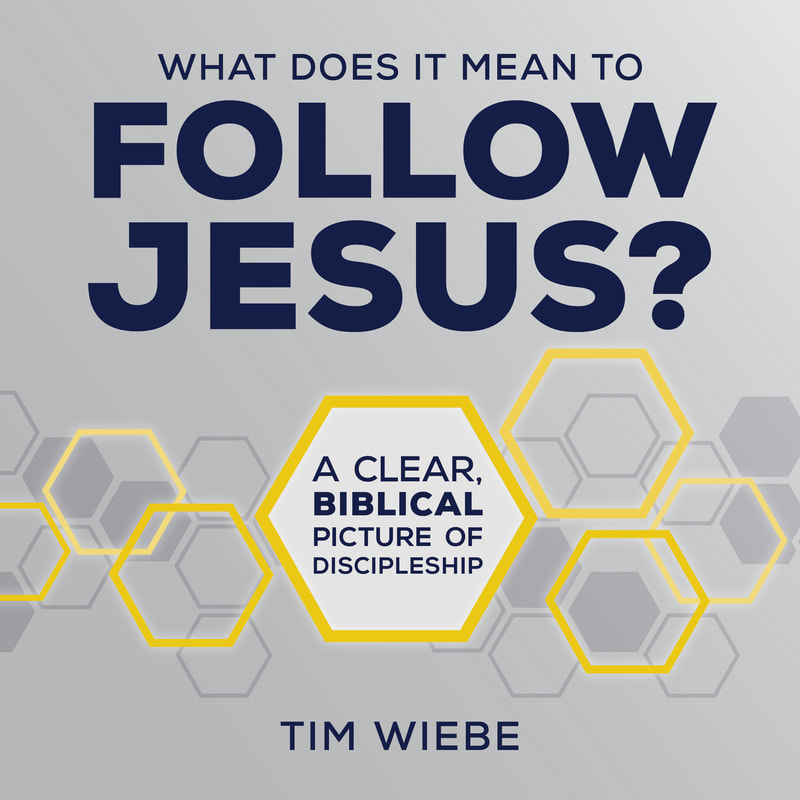

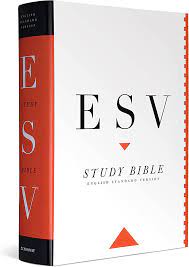

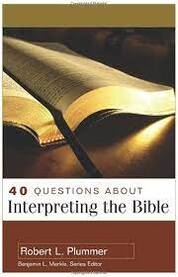
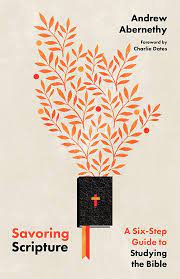
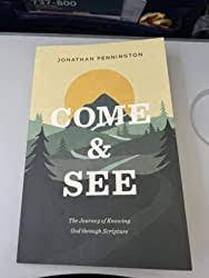
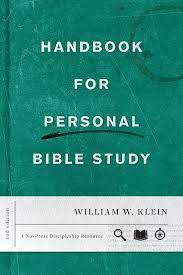


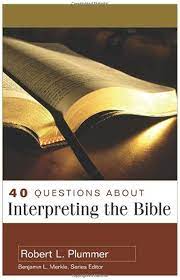

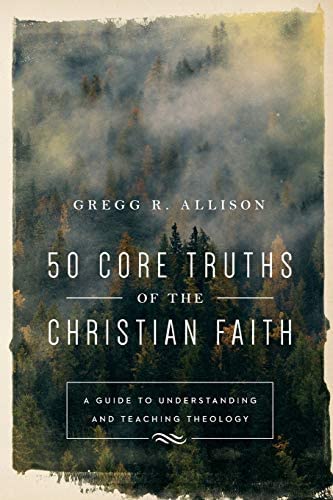
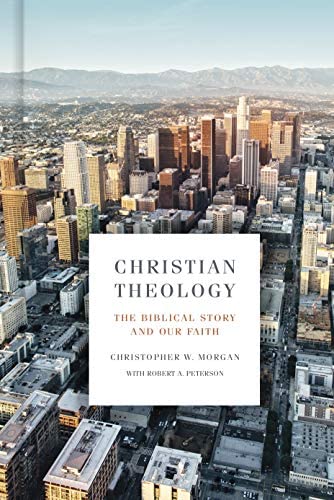


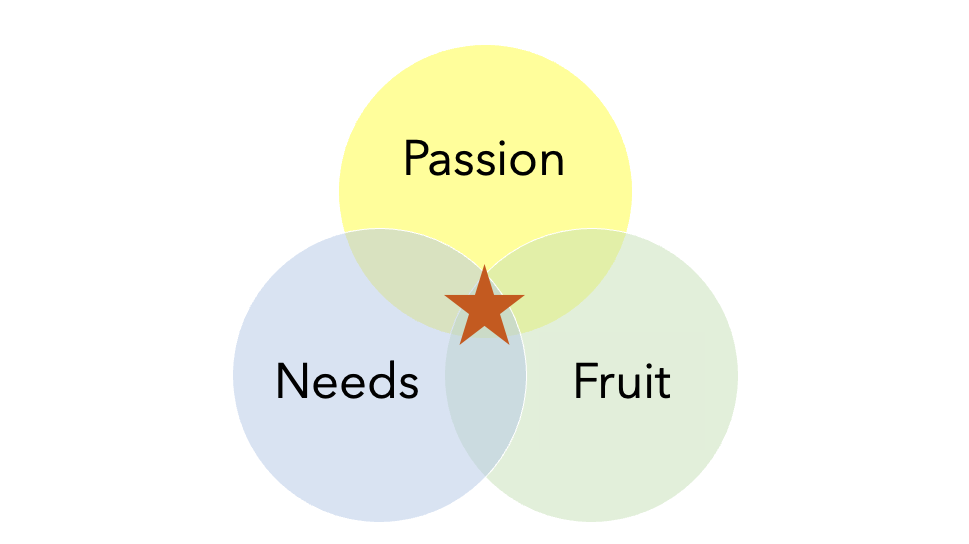
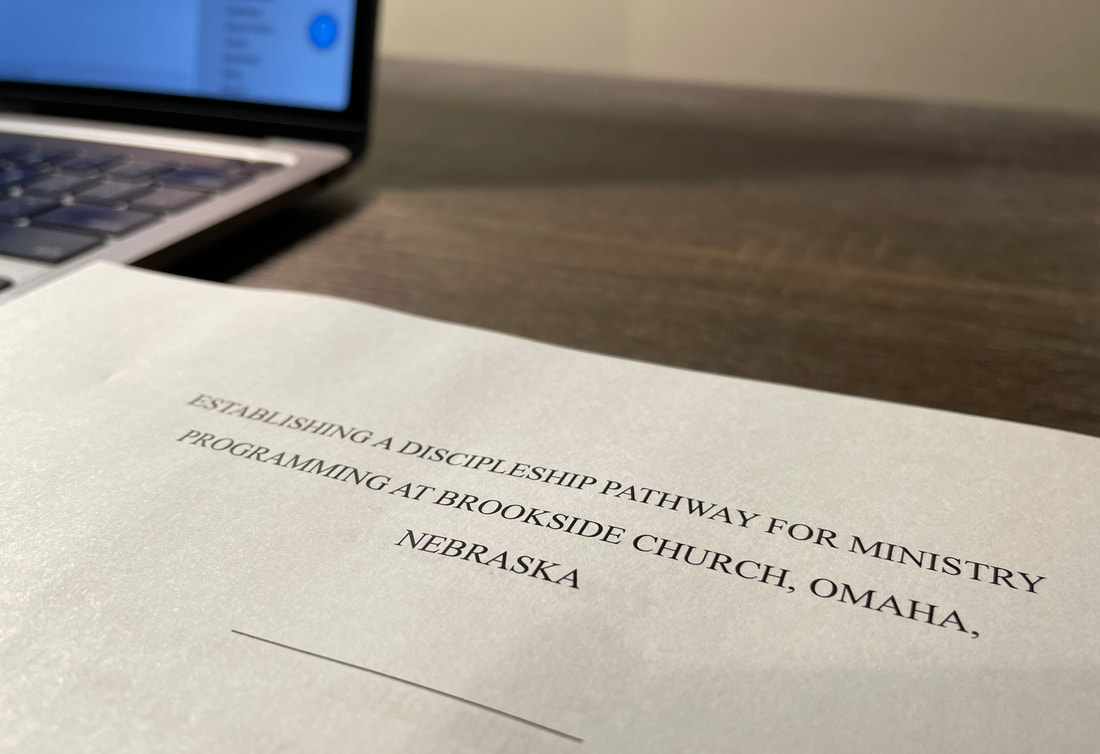

 RSS Feed
RSS Feed
